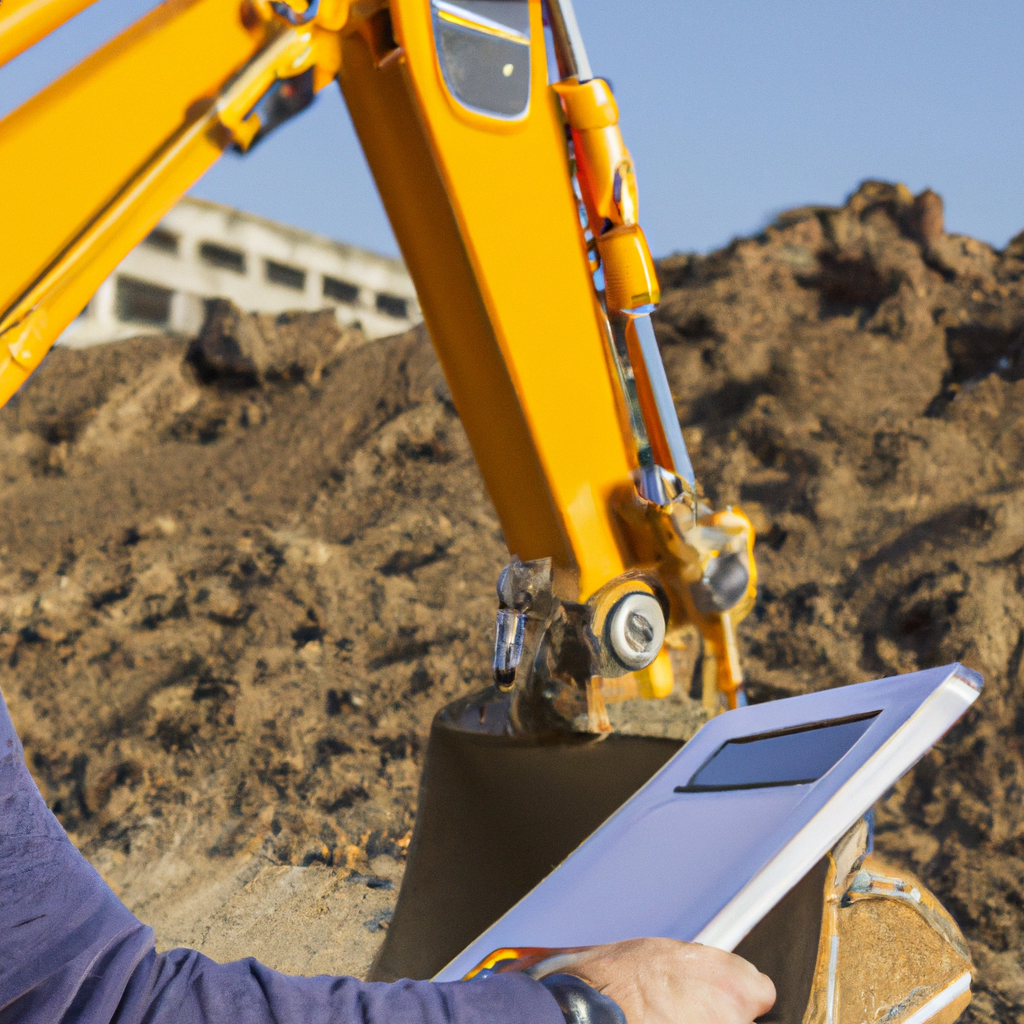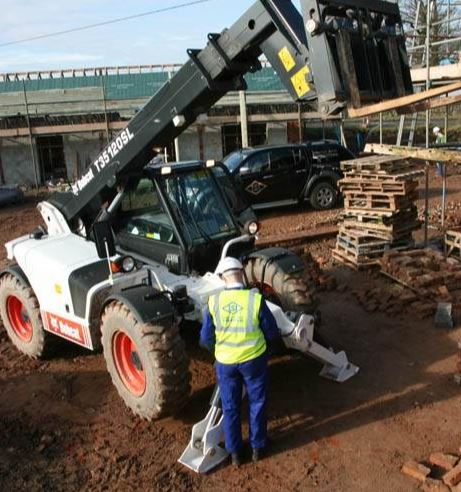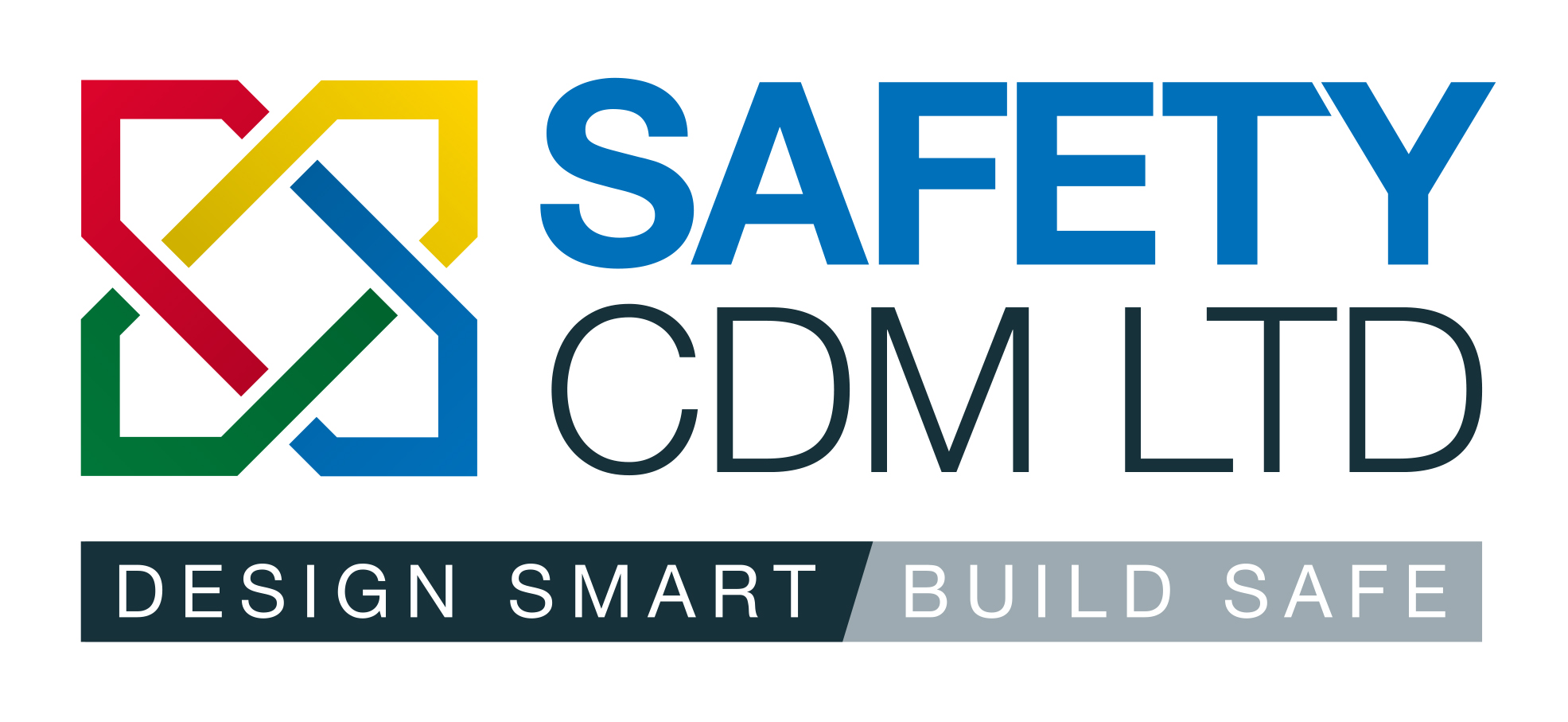Plant Machine Inspections are Essential
Why Daily Plant Machine Inspections are essential under the PUWER and LOLER Regulations
For anyone in the construction field, it is essential to be aware of the regulations surrounding the use of construction plant machines. Knowing when and how often you should inspect these machines is key to keeping your workplace safe and compliant with the PUWER and LOLER regulations. In this article, we will discuss why daily machine inspections are necessary under these regulations and how they can help prevent potential accidents and injuries.
Introduction to PUWER and LOLER Regulations
In the UK, the Provision and Use of Work Equipment Regulations 1998 (PUWER) and the Lifting Operations and Lifting Equipment Regulations 1998 (LOLER) are the two key pieces of legislation governing the use of work equipment.
PUWER requires that all work equipment be suitable for its intended purpose, be properly maintained, and be used in a safe manner. LOLER regulates the use of lifting equipment, including specifying inspection requirements and minimum training standards for those who operate such equipment.
Both PUWER and LOLER place responsibilities on employers to ensure that plant machinery is safe to use. This includes conducting regular inspections of all equipment, keeping records of these inspections, and taking action to address any issues that are identified.
Daily plant machine inspections help to ensure compliance with PUWER and LOLER, as well as providing a valuable opportunity to identify potential problems early on. By carrying out such inspections on a regular basis, employers can help to create a safer working environment for their employees and reduce the risk of accidents occurring. For further information please contact us at Safety CDM Ltd www.cdm2015regs.co.uk
During a plant machine inspection, the following things should be checked:
- The condition of the machine itself;
- The surrounding area where the machine is being used;
- Any guarding or safety devices fitted to the machine;
- The operators’ manual handling techniques;
- The operators’ personal protective equipment (PPE); and
- Any other relevant health and safety considerations.
If any hazards are identified during an inspection, corrective action should be taken immediately to mitigate the risk. This may involve repairs or maintenance to the machine, changes to working practices, or additional training for employees.
Types of Plant Machines Covered Under the Regulations
There are many different types of plant machines that are covered under the PUWER and LOLER regulations. These include:
- Aerial lifts
- Construction equipment
- Forklifts
- Ladders
- Manlifts
- Material handling equipment
- Telehandlers
- Trenchers
and more.
Common Defects Found During Inspections
There are a number of common defects that can be found during machine inspections, which include:
- Missing or broken safety guards
- Inadequate guarding around moving parts
- Exposed electrical components
- Damaged or worn-out drive belts and pulleys
- Loose or missing fasteners
- Lubrication issues
It is important to identify and correct these defects as soon as possible, as they can pose a serious safety hazard to workers.
How to Carry Out an Inspection
Carrying out an inspection of your plant machinery is essential to ensuring compliance with the Provision and Use of Work Equipment Regulations (PUWER) and Lifting Operations and Lifting Equipment Regulations (LOLER). Here are some tips on how to carry out an inspection:
- Make sure you have a checklist of all the items that need to be inspected.
- Inspect each item on the checklist thoroughly, using any appropriate testing equipment where necessary.
- Take note of any defects or damage that is found, and make sure they are repaired or replaced as soon as possible.
- Keep a record of all inspections carried out, including date, time, location and details of any defects found.
Conclusion
As this article has demonstrated, daily plant machine inspections are essential for ensuring compliance with the PUWER and LOLER regulations. Regular checks help to identify any potential risks and ensure that machines are safe for use, minimizing the risk of accidents in workplaces. If you would like further advice on how to carry out effective plant machine inspections or need assistance complying with safety legislation, please contact us at Safety CDM Ltd www.cdm2015regs.co.uk



Introducing a new APP coming soon from Comply2Go
This App will revolutionize the way you manage your construction plant Daily Checks.
Comply2Go app allows you to easily carry out daily checks on your construction plant, saving you time and money. With the Comply2Go app, you can quickly and easily check for any faults or maintenance issues, ensuring your plant is always in top condition and safe to use.
With its intuitive and user-friendly interface, you can get started in no time and have your construction plant running smoothly. Contact info@cdm2015regs.co.uk for more information.




looking forward to seeing this up and running, its just what our company needs to insure that all of are operatives are carry out the checks first thing in the morning instead of them forgetting and filling them out a day or to late.
looking out for this.
Thanks James – we will let you know when every things is up and running, this will make your team compliant every day.